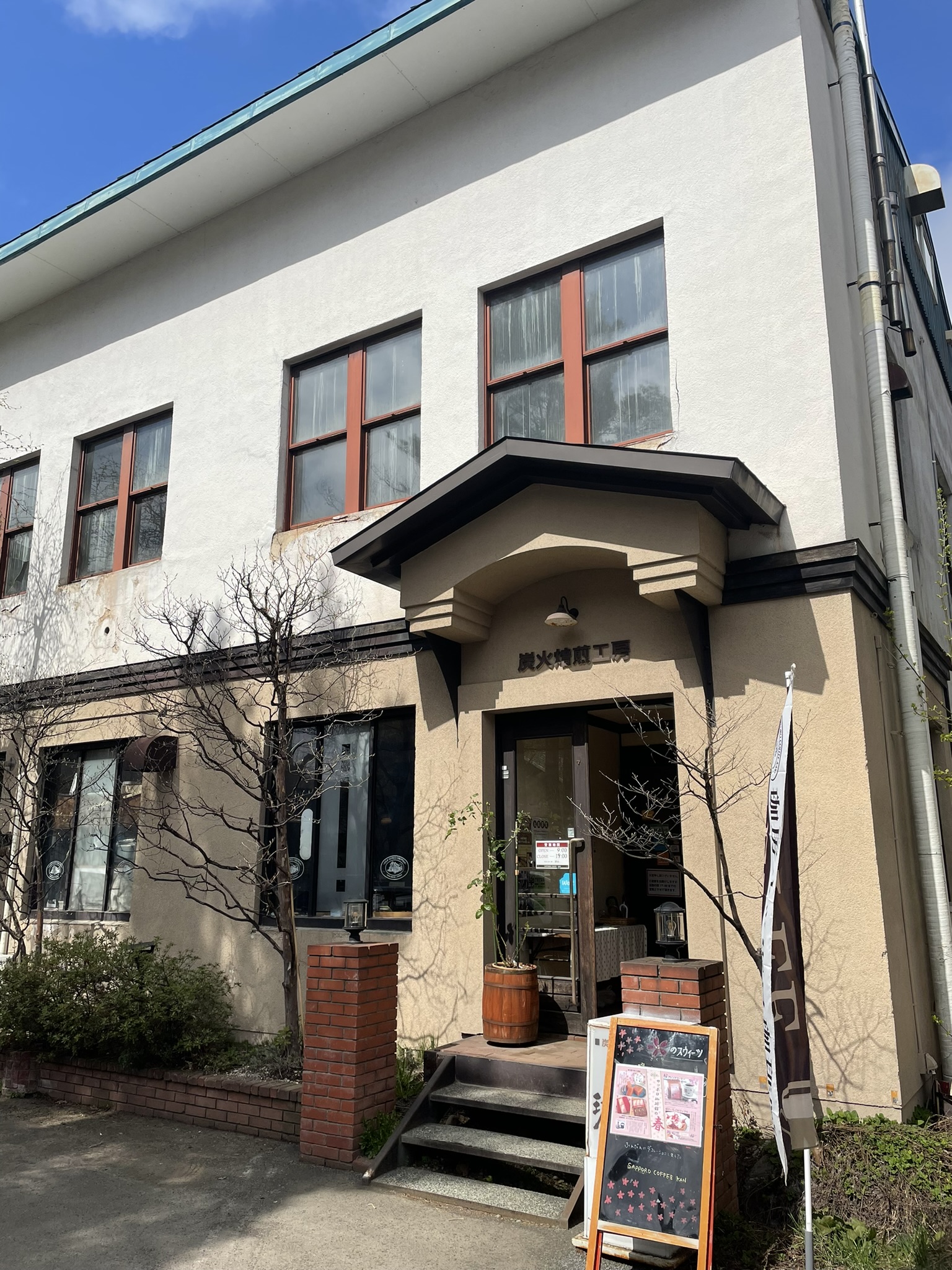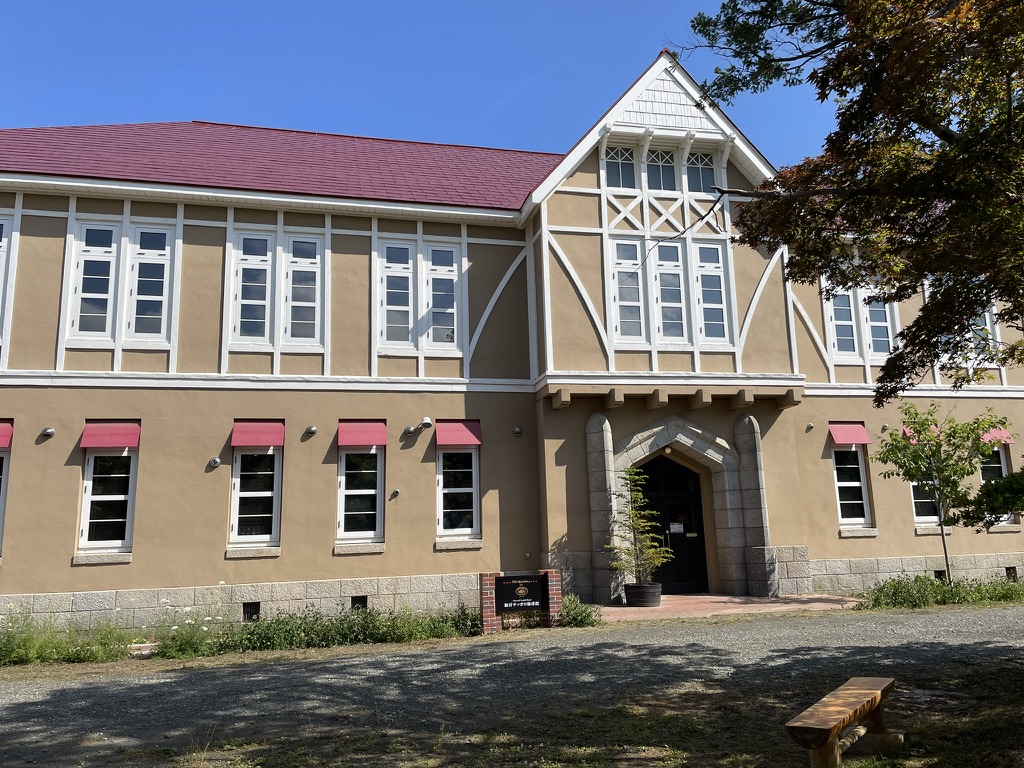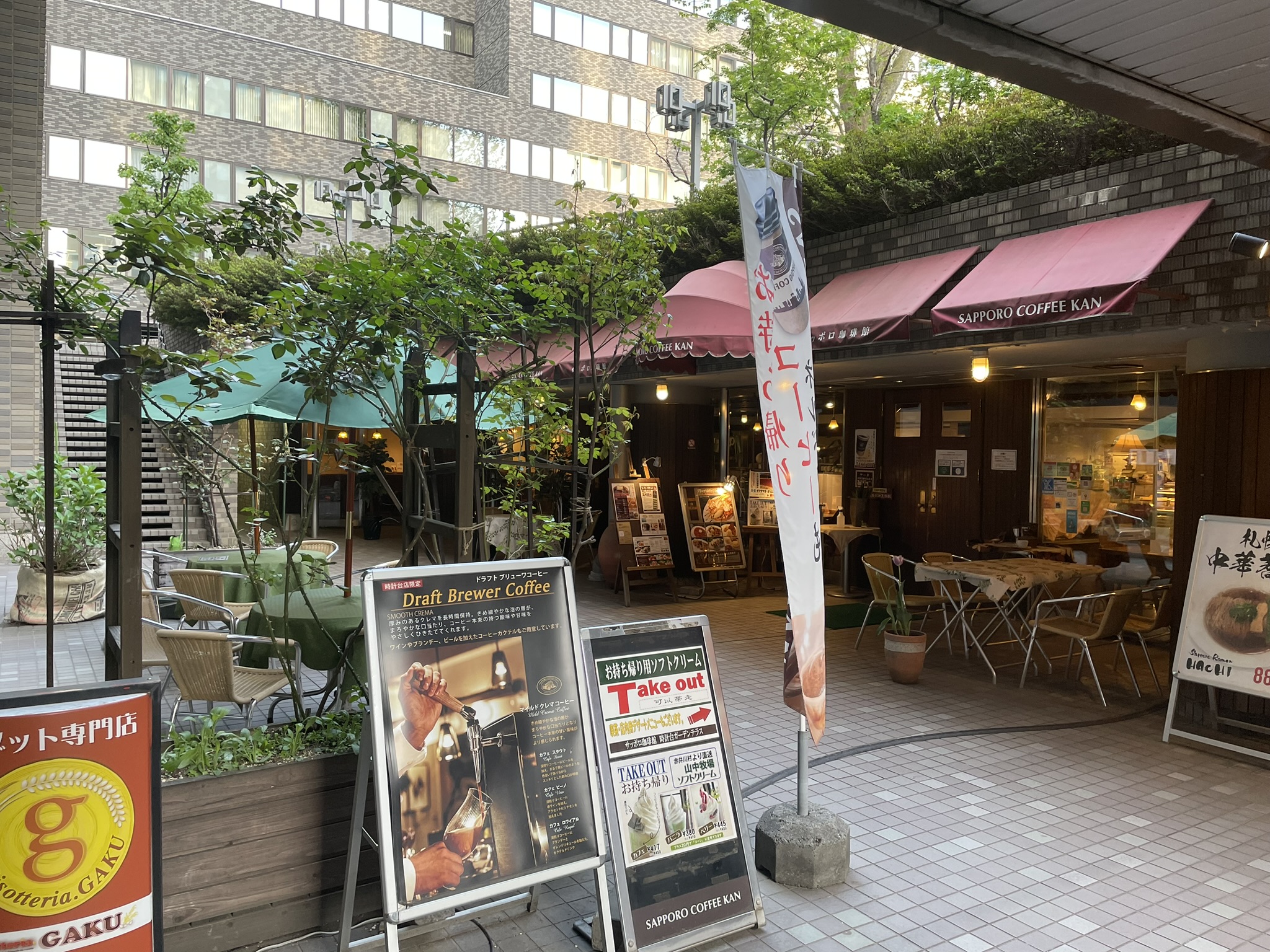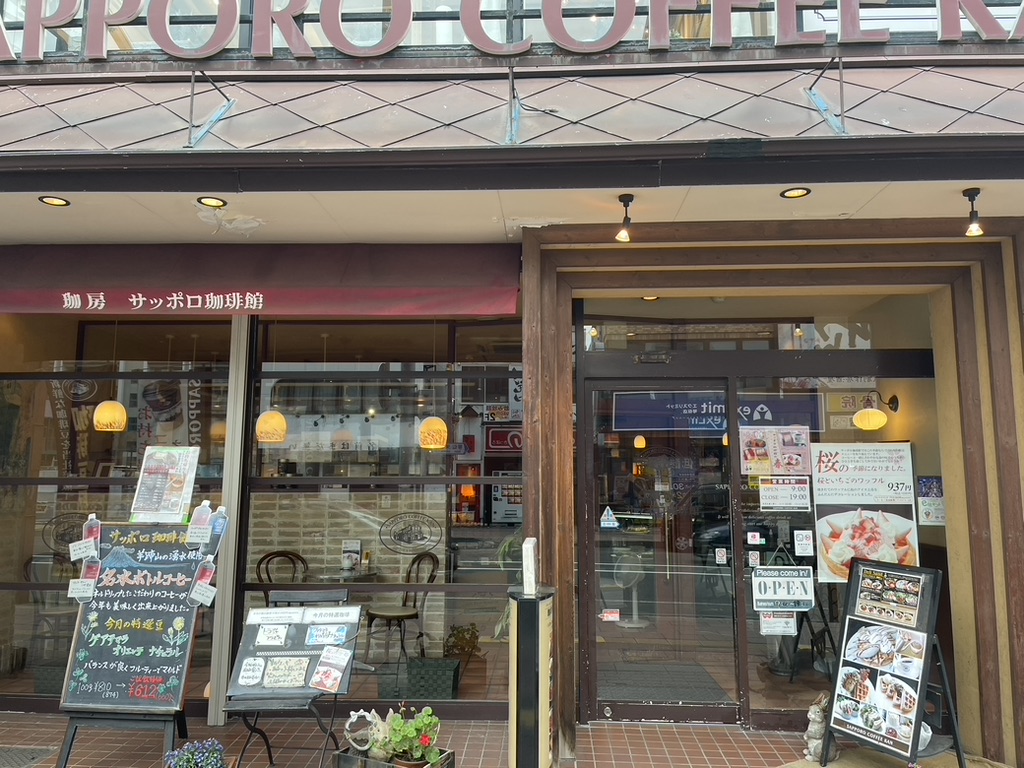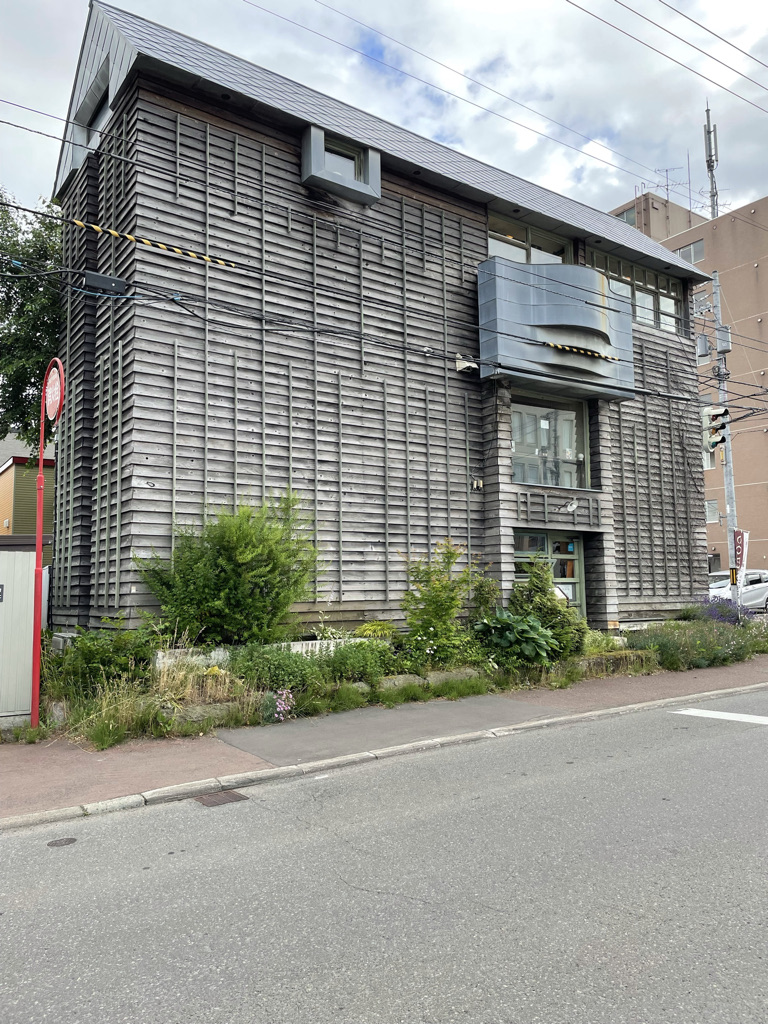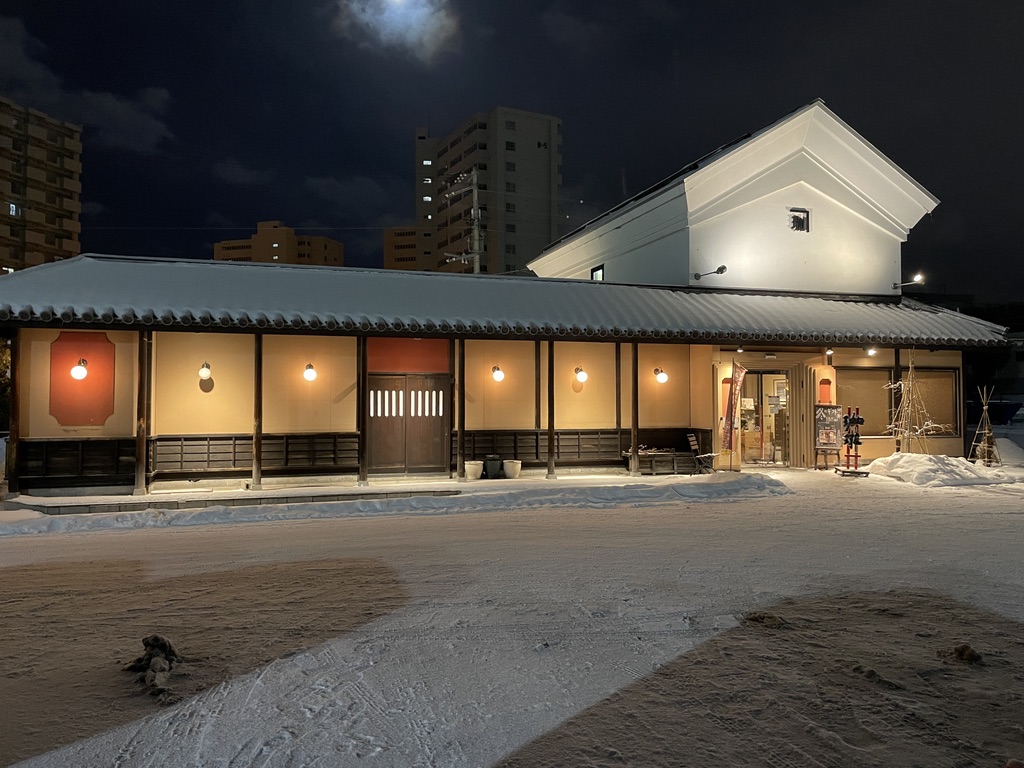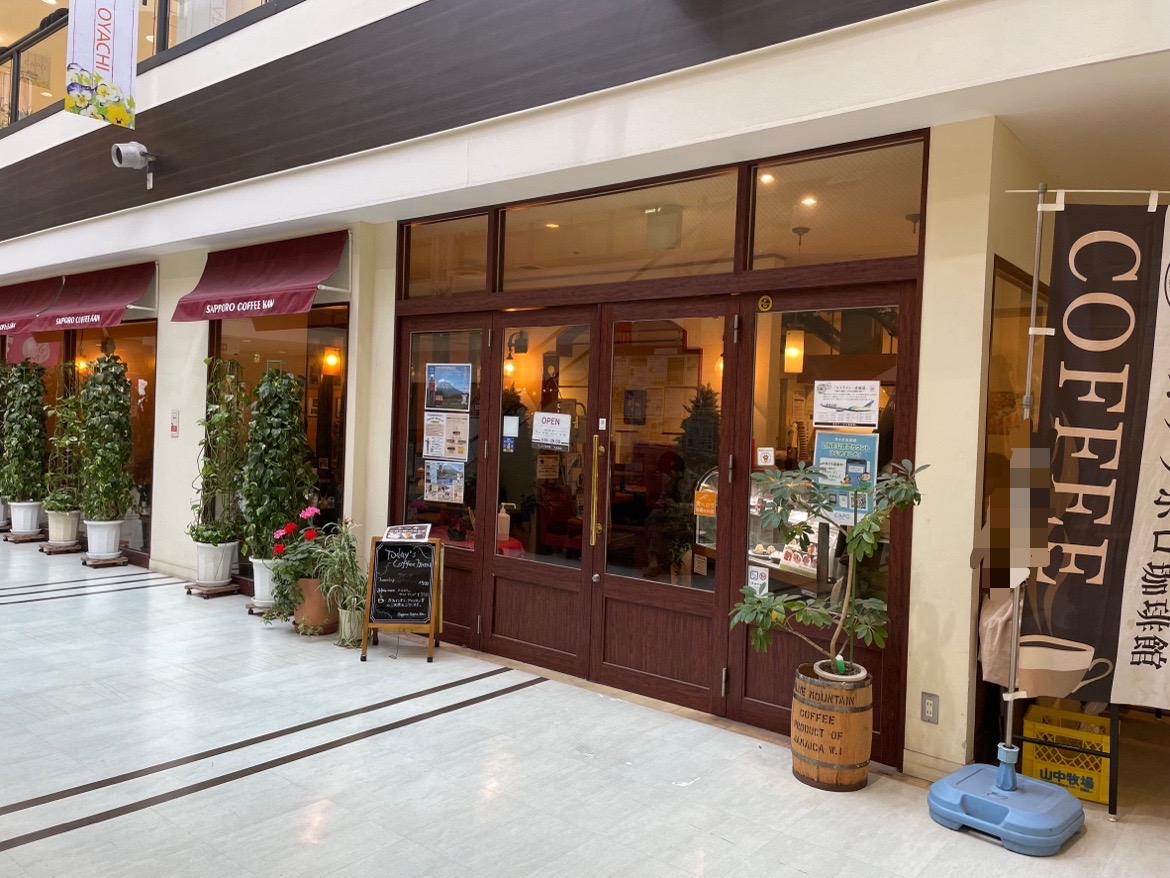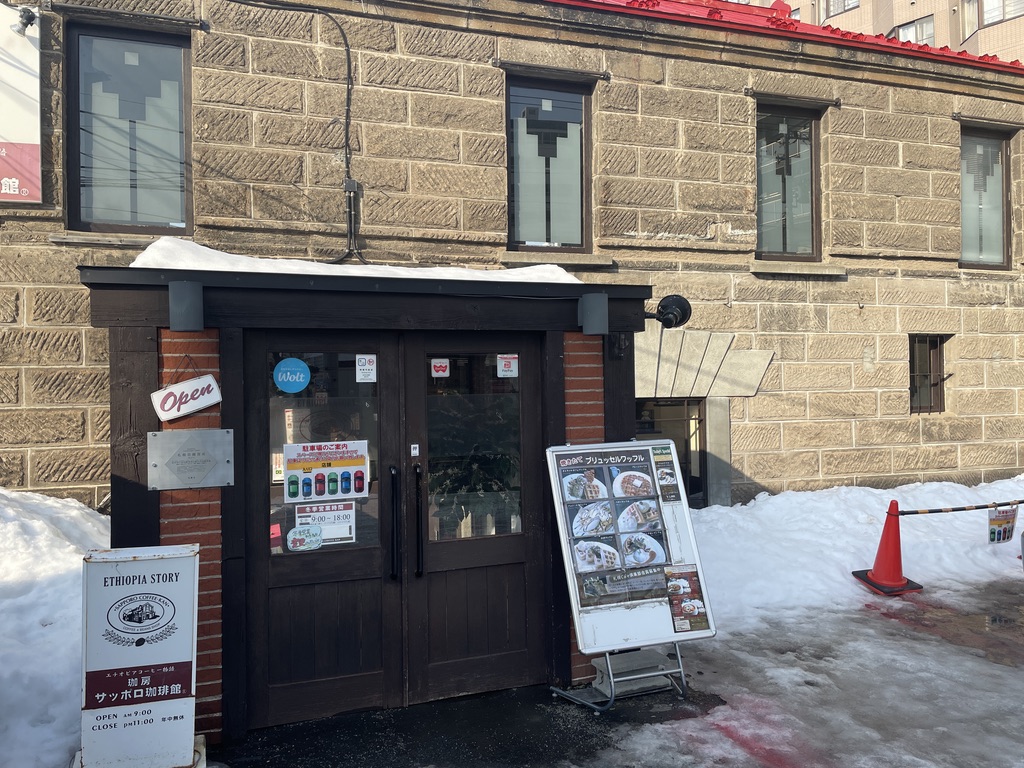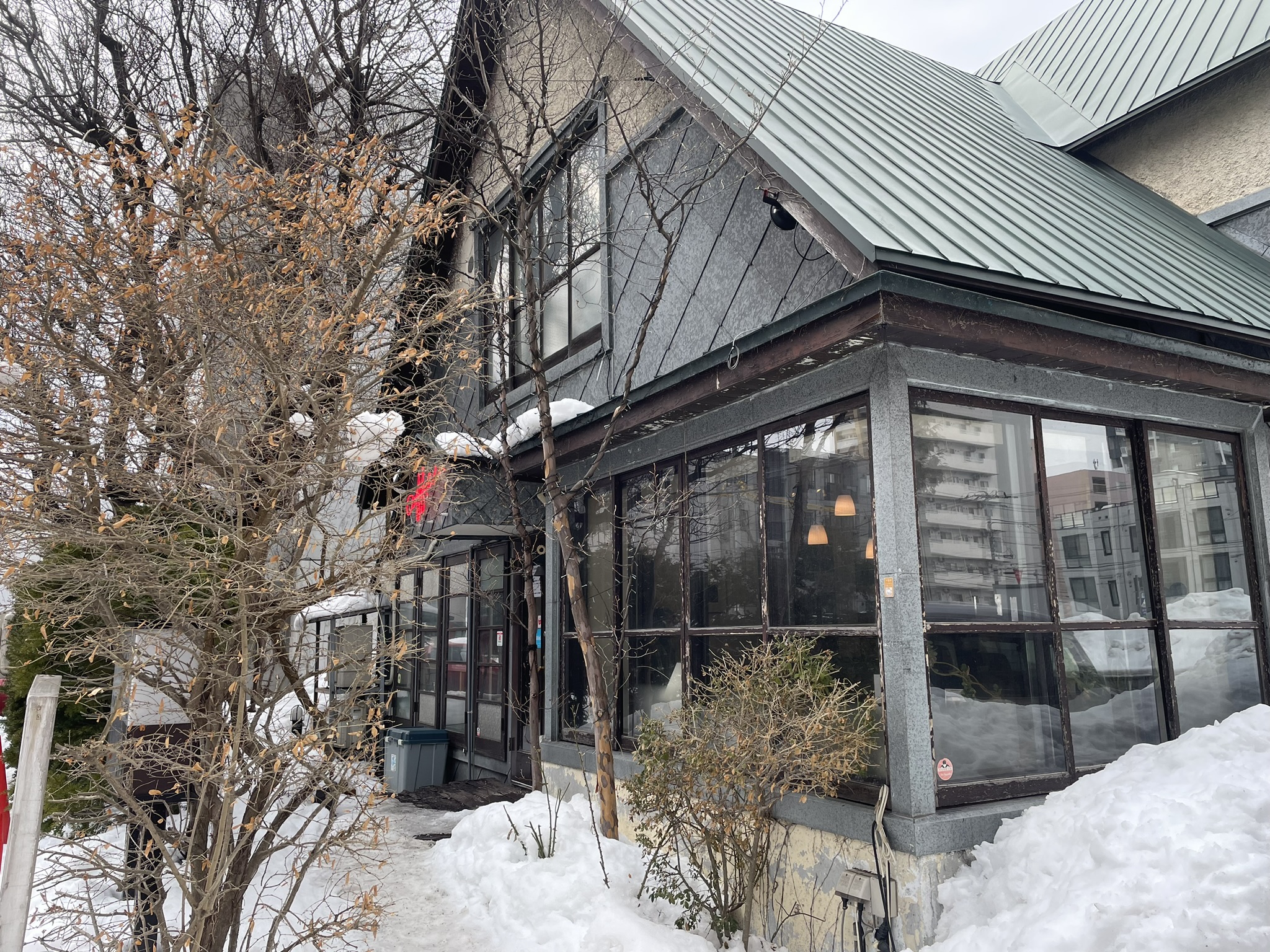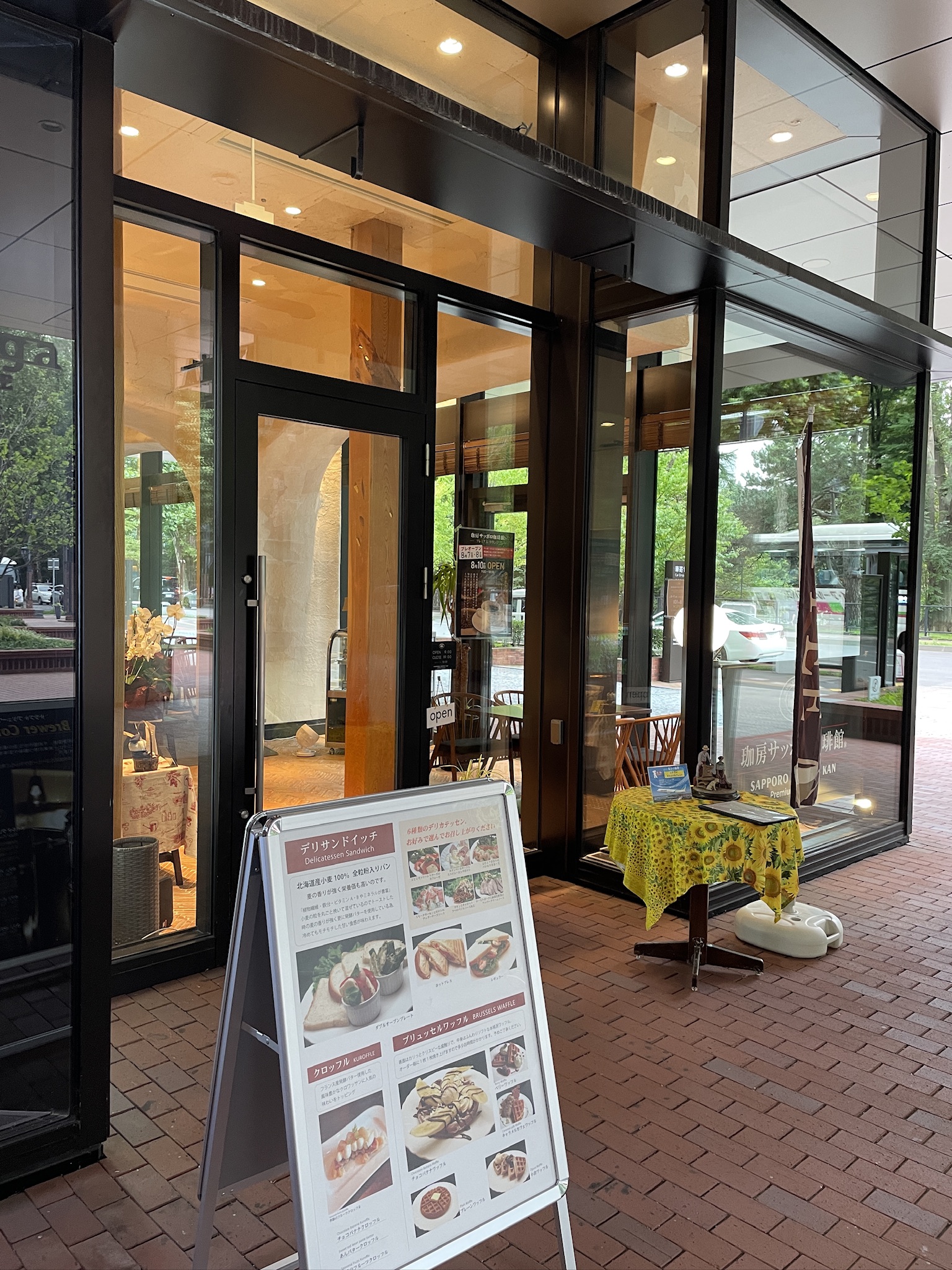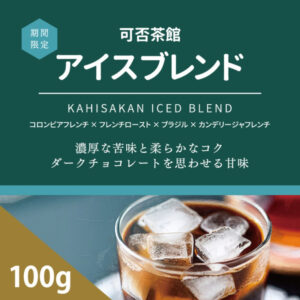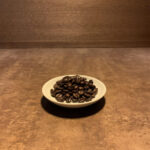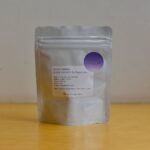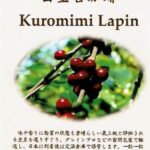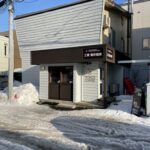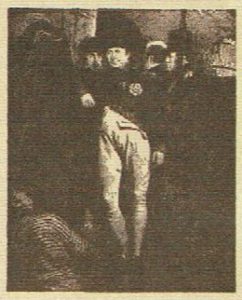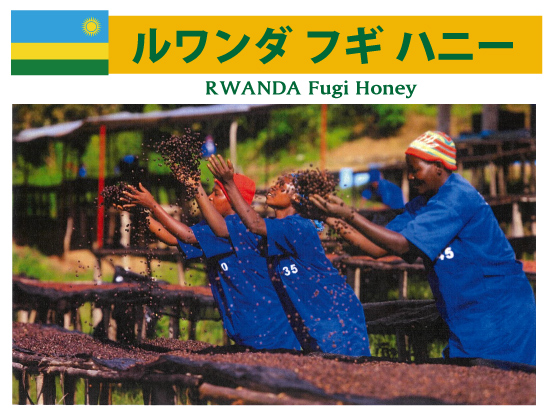
珈房サッポロ珈琲館 ルワンダ フギ ハニーです。
珈房サッポロ珈琲館は、1982年に北海道札幌市で創業したコーヒー専門店です。
ルワンダ フギ ハニー
フギ ウォッシング・ステーション
フギ ウォッシング・ステーション(Fugi Washing Station)、ルワンダ(Rwanda)南部州(Southern Province)ニャルグル郡(Nyaruguru District)ンゴマ・セクター(Ngoma Sector)フギ(Fugi)に位置するコーヒー・ウォッシング・ステーションです。バホ・コーヒー(Baho Coffee)が所有しています。
バホ・コーヒーは、2017年にルサティラ・エマニュエル(Rusatira Emmanuel)によって設立されました。
「コーヒーが嫌いなまま大人になった」
エマはキャッサバ、バナナ、コーヒーを栽培する農村の家族の長男として生まれた。両親は120本のコーヒーノキを持っていた。長男である彼は自動的に父親の後継者として扱われ、幼い頃から農場で働いた。「朝の5時半か?水汲みかチェリー摘みか薪拾い。すべての担当がエマだった。そんな状況は楽しくなかったし、姿が見えなければ木を切っていたかもしれない!おかげで眠れなかった」と彼は回想する。
エマが懸命に働く理由は母親にあった。「私はお父さんが好きだったし、いい人だったけど、いつもお母さんとケンカしていた。貧乏は悪い生活の源だ……家庭の環境は良くなかった」。「ある日、私は父のところに行って言ったんだ。『ほら、僕が小さいから母さんを殴っているんでしょ、でも、大きくなったら復讐してやるから!』。母は震えていた…。私が何を言いたいかわかっていたんだ。『おまえを壊してやる』と父は私に言ったんだ」。
バナナの木の下に身を隠す
エマは、その日以来、他の人たちが彼を「ママの息子」と呼ぶようになったことを覚えている。彼は気にしなかった。労働を嫌がることもなくなった。1994年4月6日、「男たち」が彼の家族を迎えに来た。「何が起きても、みんな俺のそばにいろ」と父は言った。でも私は何が起こるかわかっていたし、母は私に兄弟姉妹の面倒を見るように言った。彼らは私を信頼してくれた。エマは兄弟を連れて走った。「雨が降っていて、暗くなりかけていた。私たちはバナナの木の真ん中に溝を見つけ、そこで夜を明かした。眠ってしまった……」。朝になると、生き残った者たちが村に戻ってきた。「私が最初に見つけたのは父だった」。
1994年は黒い年だった。「何度も苦しんだ。自殺しようとさえした。ある日、川に飛び込んで死にたいと思った。下を見ると、川には死体があった。深い穴に飛び込もうとしたら、叔父に止められた。「Imbwa zizabarya」ー母の言葉を思い出した。私は自分が犬になっていることに気づいた。『私は何をしているのだろう?これは間違いだ』と思った。そしてその日から、家族のために責任を負い、生きるために戦うことを決めたんだ」とエマニュエルは言う。
勉強、勤勉、そして臭いチェリー一式
1995年に学校が再開されると、エマは兄弟の中でただ一人戻ってきた。他の生徒を助けるために、自分の仕事をしっかりこなすことが彼の仕事だった。平日は勉強し、週末や休日は働いた。1998年に中学校を卒業し、4年間教師として働いた。「今度は僕が兄弟を助ける番だ。古い家では夜になると星が見えたから、新しい家を建てたんだ。ー屋根は穴だらけだったんだ。兄弟を学校に通わせた。その後、私は農業工学を学ぶために大学に進学した」。
大学を卒業後、エマは多国籍輸出入企業の子会社であるルワコフに入社し、ウォッシング・ステーションを管理することになった。ルワンダ政府が品質に投資し、ウォッシュド・コーヒーの普及を始めた年だった。「フル・ウォッシュト・コーヒーなんて誰も知らなかった。とても新しかったんだ。初めてのとき、私はすべてを台無しにしてしまった。遠くからコーヒーの臭いがするほどひどかった」と笑う。時が経ち、エマが経験を積むにつれて、1つのウォッシング・ステーションが2つになり、3つになり……2015年までに彼はスペシャルティ、サステナビリティ、認証部門の責任者として37のCWSを管理するようになった。
農家こそが真のボス
誰もが認める成功者だが、エマは落ち着かなかった。「私の心は、『エマ、君はモデルになるべきだ。独立し、かつてのあなたのような人々の生活を変える手助けをする必要がある』と言い続けていた。」と彼は主張する。2016年、エマは自分のビジネスを始め、農家と密接に働くために仕事を辞めた。彼はフギCWSを購入し、2017年にはブゴイを、2018年にはムゾをリースし、そして最も大きなフムレの建設を始めた。この1年半の間に、彼はさらに3つの洗浄ステーションをバホのポートフォリオに加えた: アカゲラCWS、キナジCWS、ンゴマCWSである。
今日、エマはかなりの評判を得ている。彼のコーヒーの品質の高さと数々の実験的な試みで、ルワンダ国内だけでなく海外でも知られている。バホのインスタグラム・ページを訪れると、気さくな表情のエマが、妙に白く酵母のナノロットで覆われた、発酵したチェリーの樽や、高床ベッドで乾燥させたハニーを見せる動画を見ることができる。バホはまた、「イキゼレ(希望)」と呼ぶ、最近組織された世帯主である女性グループによって生産された、初の女性用コーヒーも発表している。
エマにとって、農家こそが真のボスなのだ。「他国を旅して農家の仕事を見た後、私は農家のもとに戻ってこのビジネスを本当に理解したいと思った。すべては彼らから流れてくる。彼らは私の原料の源だ。私はこの国で最高のウォッシング・ステーションを持っているかもしれないが、農家がいなければ何もできない」。彼によれば、この連鎖は単純で、幸せな農家=幸せなウォッシング・ステーション=幸せなバイヤー=幸せなロースターなのである。
コーヒーは語る。そしてそれは「バホ」と言う
エマは自分の苦闘と精神を思い起こさせるために、自分の会社にバホと名付けた。「『バホ』とは、生きている、命がある、あきらめない、強くあれ、という意味だ。辛い思いをしている人に会ったとき、その人を元気づけたいと思ったら、『バホ!』と言うんだ」と彼は説明する。彼のスローガンであり、会話の中で強調したいフレーズは「コーヒーは語る」だ。彼にとって、もしコーヒーが話せるとしたら、それは「バホ」と言うだろう。どんなに辛い一日でも、一杯のコーヒーがあれば、いつでも安らぎを得ることができるのだ。
“I grew up hating coffee!”
Emma was the first born male in a rural family who grew cassava, bananas and coffee. His parents had 120 coffee trees. As the oldest son, he was automatically treated as his father’s successor and worked on the farm from a young age. “5:30 in the morning? I was out fetching water or picking cherries or firewood. Everything was Emma. I didn’t enjoy that situation and would have cutted the trees if they couldn’t see me! It didn’t let me sleep,” he remembers.
His mother was the reason why Emma worked hard. “I liked father and he was a good man, but he was always fighting with mother. You know, poverty is the source of a bad life… There wasn’t a good environment in the home.” “One day,” he goes, “I went to my father and said ‘Look! You are beating mother because I am small, but I will grow up and I will have revenge!’ Mother was shaking… She knew what I meant. ‘I will break you, boy’, he said to me.”
Taking cover under banana trees
Emma remembers that, from that day onwards, the others started calling him “mama’s boy”. He didn’t care. He no longer hated labouring either. On the 6th of April of 1994 “men” came for his family. “‘Whatever happens everybody stays close to me,’ father said. But I knew what was going to happen and mother told me to look after my brothers and sisters. They trusted me.” Emma ran and took his siblings with him. “It was raining and about to get dark. We found a ditch in the middle of the banana trees and hid there for the night. I fell asleep…” In the morning, the ones who survived came back to the village. “The first person I found was my father.”
1994 was a black year. “I struggled a lot. Even tried to kill myself. One day I wanted to jump in the river and die. I looked down and saw bodies in the river. I tried jumping in a deep hole and my uncle stopped me. ‘Imbwa zizabarya’ - I remembered my mother’s words. I realized I was becoming a dog. ‘What am I doing? This is a mistake’, I thought. And from that day I decided to take responsibility for my family and to fight for life,” Emmanuel says.
Study, hard work and a whole batch of smelly cherries
When the schools reopened in 1995, Emma was the only amongst his siblings to return. It was his job to do well for himself so that he could help the others. On weekdays he would study and on weekends and holidays he would labour. He completed secondary school in 1998 and worked as a teacher for 4 years. “Now it was my time to help my brothers and sisters. I built a new home for us because in the old one we could see the stars at night - the roof was perforated. I sent my siblings to school. Only after that I went to university to study agricultural engineering.”
After leaving university, Emma joined Rwacof, the subsidiary of a multinational export-import company, to manage a washing station. It was the year the government started to invest in quality and promote the washed process in Rwanda. “No one knew about fully washed coffees. It was very new. On my first time I messed everything up. It was so bad you could smell the coffee from a distance,” he laughs. As time passed and Emma became more experienced, one washing station became two, three… By 2015 he was managing 37 CWS as the head of the specialty, sustainability and certifications department.
Farmers are the real bosses
A successful man by anyone’s standards, Emma didn’t settle. “My heart kept telling me ‘Emma, you need to be a model. You need to be independent and help change the lives of the people that are like you once were’,” he claims. In 2016 Emma quit his job to start his own business and work closely with farmers. He bought Fugyi CWS, then Bugoyi in 2017, leased Muzo in 2018 and started building Humure, the biggest of them all. In the last 18 months he added 3 more washing stations to Baho’s portfolio: Akagera CWS, Kinazi CWS and Ngoma CWS.
Today, Emma has developed quite a reputation for himself. He is known in Rwanda and abroad for the quality of his coffees and his many experiments. Visit Baho’s Instagram page and you’ll find videos of a friendly-looking Emma showing barrels of fermented cherries, strangely white and covered by yeast nono-lots and honeys drying on raised beds. Baho is also launching their first female coffee, produced by a recently organized group of women that are heads of households and that he is calling Ikizere (hope).
"Baho Coffee: The boy who ate the dog",algrano 2020年6月30日.
フギ ウォッシング・ステーションは、バホ・コーヒーが初めて手がけたウォッシング・ステーションです。
フギ ウォッシング・ステーションは、標高1,450mにあり、コーヒーは標高1,550m - 1,850mの丘陵地に分布する砂質と粘土質の土壌で栽培され、年間平均降水量は1205mmです。コーヒーチェリーの年間生産量は約600トンです。
品種
品種はブルボン(Bourbon)です。
精製方法
精製方法はハニー(Honey)です。
珈房サッポロ珈琲館 ルワンダ フギ ハニー
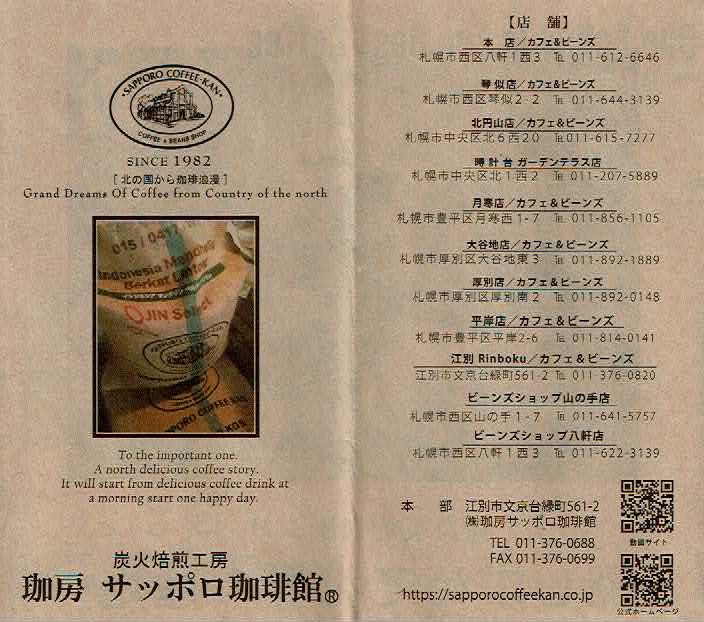
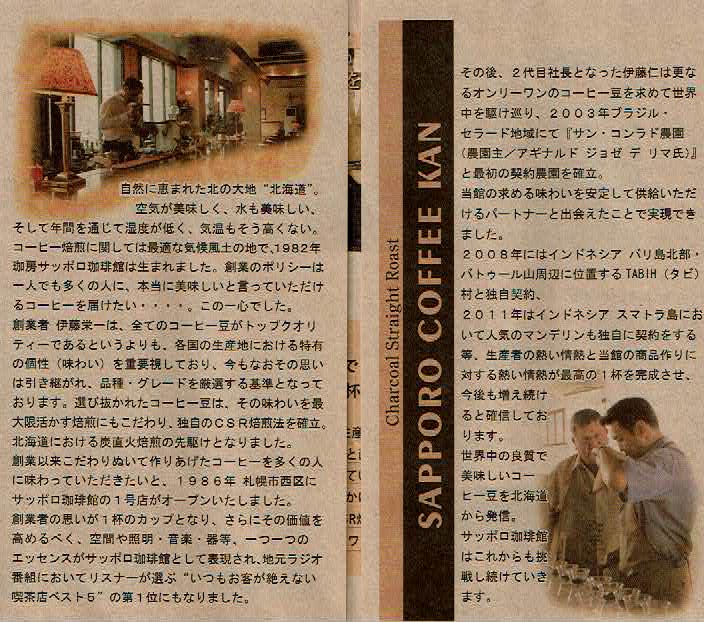
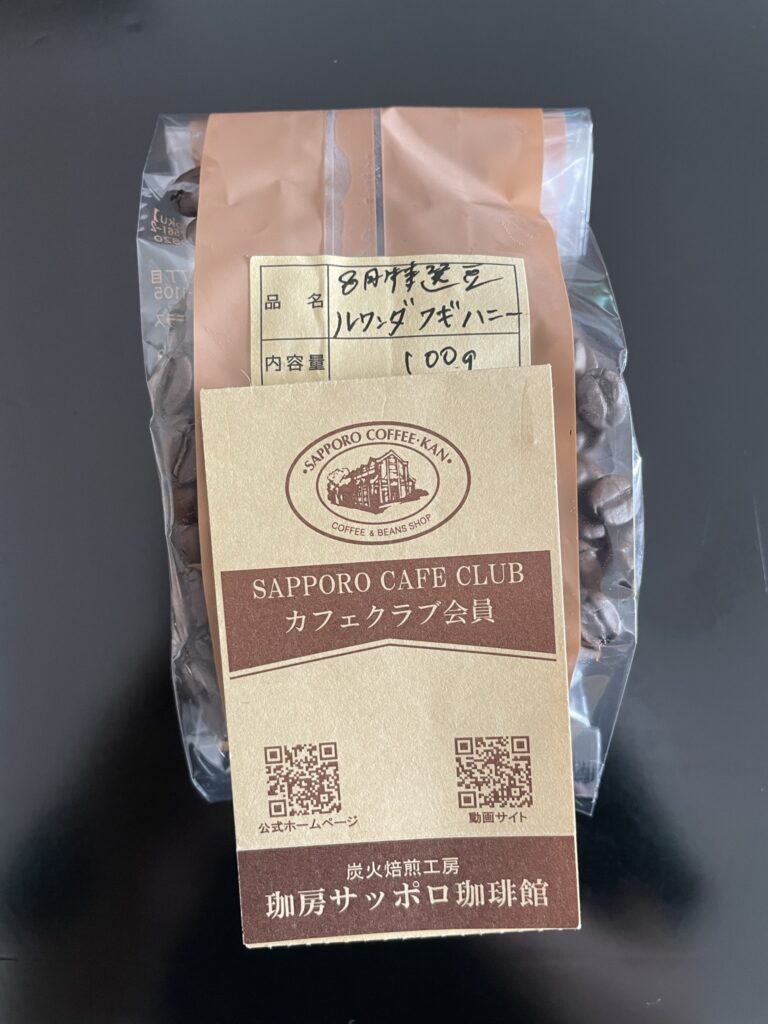
ルワンダ共和国は東アフリカに位置し
隣国は北にウガンダ、東にタンザニアと
コーヒー産地で有名な国々と隣接する内陸国で
アフリカで最も人口密度の高い国としても
知られています。同国南部州でバホコーヒーが運営する14ある
珈房サッポロ珈琲館
ウオッシングステーションの一つが今回入荷した
フギ ウオッシングステーションになります。
収穫したコーヒーチェリーの果肉だけを取り除き
ミューシレージを残したまま乾燥させる
ハニープロセス精選を行うことで
ウオッシュドよりも華やかな甘い風味とバランスの良い
ボディ感のある味わいを感じられる逸品に仕上がっています。
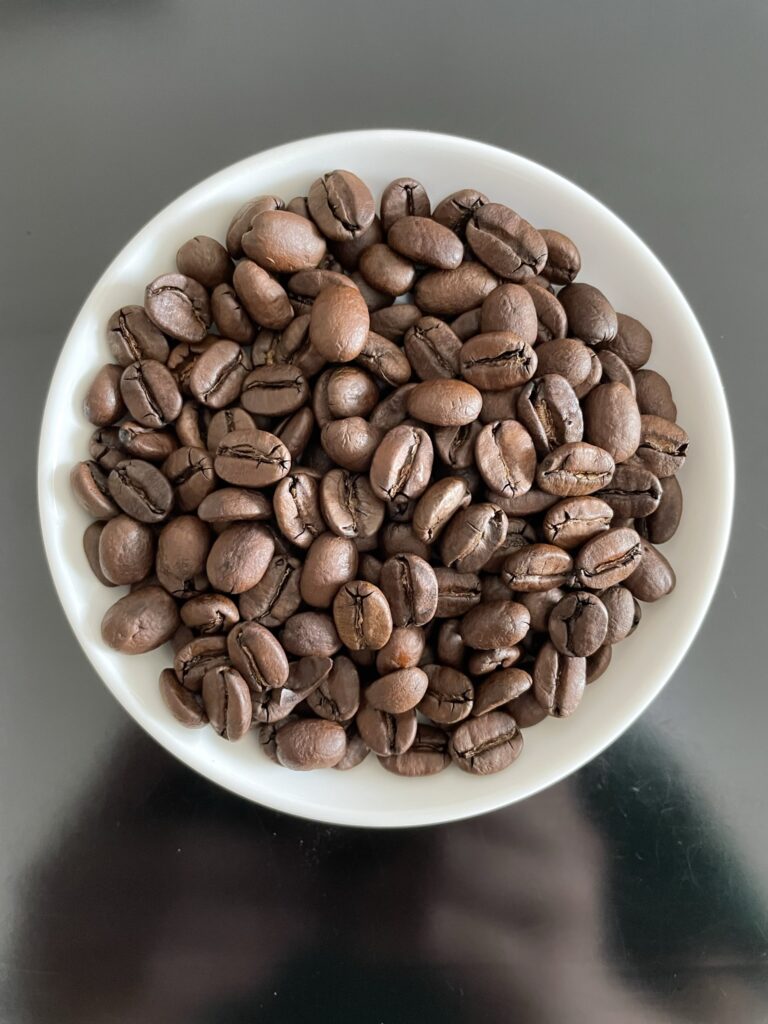
味
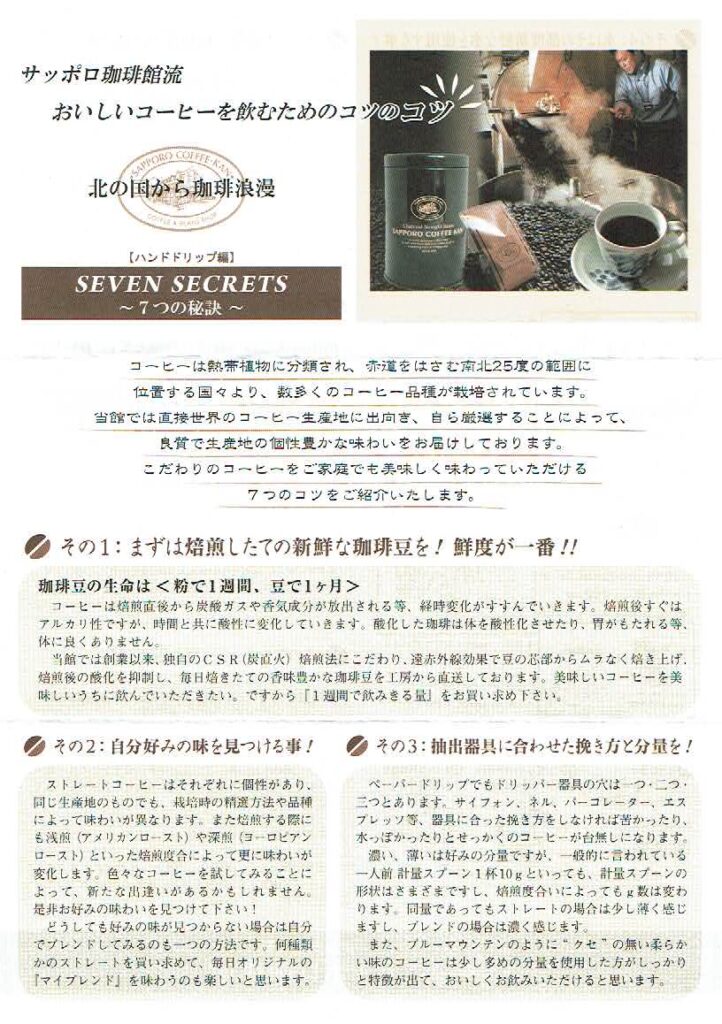
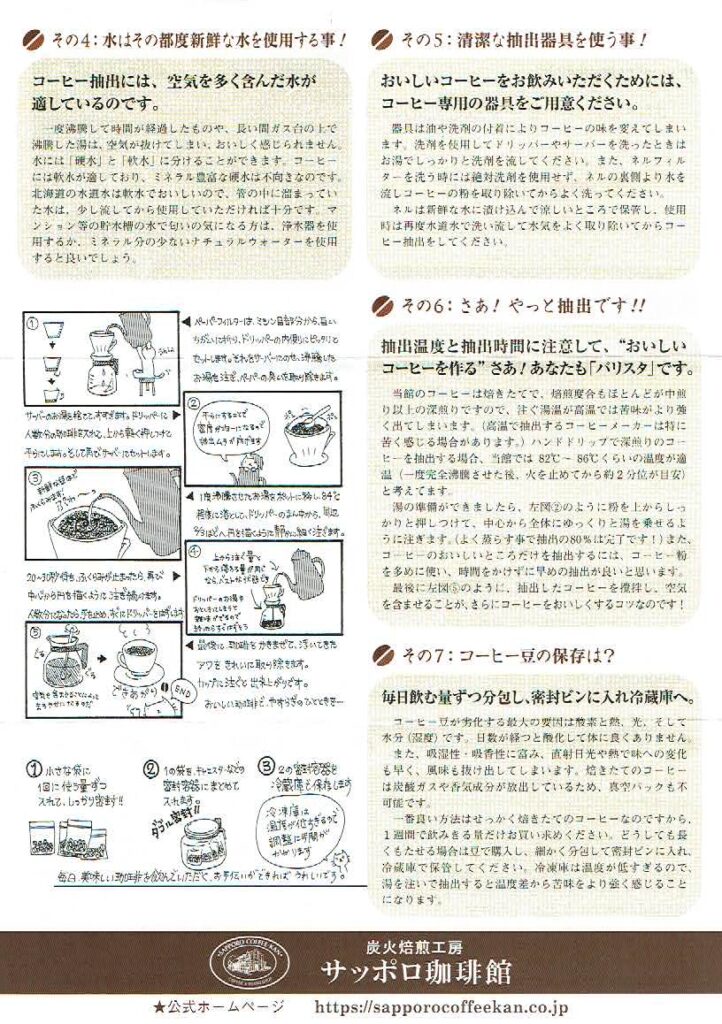
カレーのような香辛料のフレーバー、ふくよかな口当たりと甘さが印象的です。スパイスのような独特のフレーバーのある風変わりな味わいです。

